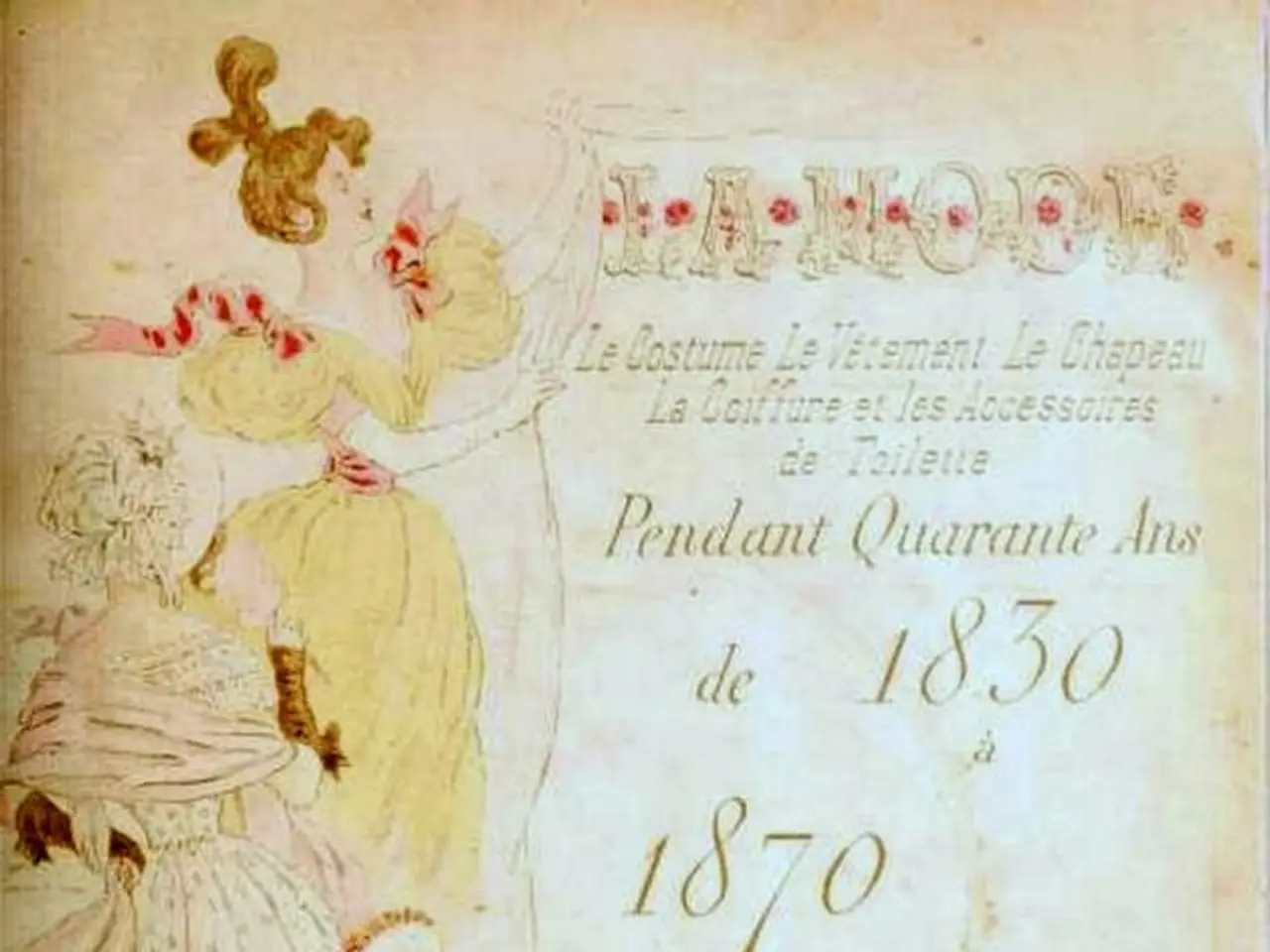Murder of women, specifically
In the heart of South Asia, Pakistan continues to grapple with the persisting issue of femicide, a term coined by Professor Diana Russell to describe misogynistic killings of women by men, driven by hatred, contempt, pleasure, or a sense of ownership.
Recent reports have shed light on the horrific excesses that still prevail in large swathes of the country, with cases such as the burying alive of three teenage girls and two women in Baba Kot, Balochistan, and the bartering of 13 girls, aged between 4 and 16, to settle a blood feud, serving as stark reminders of the brutal realities faced by women and girls in Pakistan.
The systemic issue of weak law enforcement, social acceptance of parallel justice, and inadequate protection mechanisms continue to challenge progress, particularly in provinces like Balochistan and Sindh where feudal and tribal systems hold sway. Emile Durkheim, the father of sociology, described traditional and tribal communities as having mechanical solidarity, where social actions are determined by kinship bonds and conformity to group norms is enforced.
However, efforts to address and prevent femicide in Pakistan are far from negligible. Current strategies involve a multifaceted approach combining legal reforms, specialized support services, public awareness campaigns, and grassroots activism.
Key components of these efforts include the provision of free and specialized legal assistance to at-risk women and girls, the establishment of a 24-hour free hotline to receive complaints of gender-based threats and violence, and the appointment of qualified female personnel in police stations, prosecutorial offices, and shelters to create safe, trustworthy environments that encourage women to report grievances without fear.
One major challenge is the presence of parallel legal systems that enable femicide perpetrators to act with impunity. Efforts aim to dismantle these systems to ensure the rule of law prevails, especially in areas like Balochistan and parts of Sindh. Public awareness and education are seen as vital to eliminate entrenched attitudes supporting violence against women, with campaigns like the Aurat March activities raising collective awareness and protesting ongoing femicide and gender-based violence.
International organizations like Equality Now urge Pakistani authorities to recognize and criminalize femicide explicitly, integrating it into the legal framework as part of broader family and gender-based violence reforms. However, challenges specific to regions like Balochistan, such as internet blackouts, displacement, and restrictions on communication, hinder mobilization and timely reporting of violence against women.
While some progress has been made, the struggle for change continues. The elimination of femicide requires removing its enabling props, such as parallel legal systems and the submission of rule of law to the high and mighty. As Pakistan continues to evolve, with education and industrialization leading to more heterogeneous societies, the mandate of Islam for equality between women and men becomes increasingly relevant and crucial. The eradication of all forms of violence against women is a necessary step towards achieving this equality.
The legacy of the late Benazir Bhutto, the first woman elected to the highest office in Pakistan, serves as a beacon of hope in the ongoing fight against discrimination, brutal excesses, and manic chauvinism. The struggle for change is far from over, but with continued advocacy, legal reform, and grassroots activism, a brighter future for women and girls in Pakistan may yet be within reach.
[1] Human Rights Watch (2021). Pakistan: End Impunity for Femicide and Other Gender-Based Violence. [Online] Available at: https://www.hrw.org/report/2021/10/21/pakistan-end-impunity-femicide-and-other-gender-based-violence
[2] Equality Now (2021). Pakistan: Urgent Action Needed to Address Femicide. [Online] Available at: https://www.equalitynow.org/pakistan-urgent-action-needed-to-address-femicide/
[3] Aurat March (2021). Aurat March 2021. [Online] Available at: https://www.auratmarch.org/
[4] Amnesty International (2021). Pakistan: End Violence Against Women and Girls. [Online] Available at: https://www.amnesty.org/en/latest/campaigns/2021/03/pakistan-end-violence-against-women-and-girls/
[5] The Dawn (2021). Balochistan's internet blackouts hinder reporting of violence against women. [Online] Available at: https://www.dawn.com/news/1638047
- The world community has been brought to light on the persistent issue of femicide in Pakistan, particularly in regions like Balochistan, where gender-based violence continues to escalate.
- Efforts to combat femicide are progressing with legal reforms, public awareness campaigns, and grassroots activism, yet challenges remain, such as parallel legal systems and communication restrictions.
- Human rights organizations, including Human Rights Watch and Equality Now, are urging Pakistani authorities to criminalize femicide and improve its legal framework surrounding family and gender-based violence.
- The Aurat March, a collective movement advocating for gender equality and women's rights, raises public awareness and protests against gender-based violence in Pakistan.
- In the face of these challenges, international organizations and local advocacy groups call for the implementation of free, specialized legal assistance and the creation of safe reporting environments for women in vulnerable situations.
- Progress in eliminating femicide requires dismantling parallel legal systems, improving communication networks, and addressing the root causes of gender inequality, like the submission of rule of law to privileged classes.




